I have come from many experiences of being a picky eater, an athlete, a post athlete, from starving myself to stuffing myself. Throughout this journey, it has taught me the lessons of 'listening' to my body. It's one of life's most simplicity, yet the hardest to grasp when there is just so many distraction these days.
Here is a reminder from one voice that may be able to guide you through :)

By Daniel J. Green
“Intuitive eating” is one of the hottest catchphrases in the fitness industry, the focus of countless blog posts and Facebook statuses. Stated simply, intuitive eating involves developing a healthy relationship with food, getting in tune with the cues the body provides and ending the cycle of dieting, failing and dieting again. A superficial understanding of the concept may lead some people who are overweight or have obesity to think, “If only I could learn to listen to my body, maybe I could finally lose some weight.”

That said, intuitive eating actually requires the individual to be able to separate mind from body in certain circumstances. Consider a client who says she has a sweet tooth, with powerful cravings that come each evening after dinner. This is an example of the mind providing a cue that did not originate with the needs of the body. This, of course, doesn’t make it any easier to overcome in the moment, but perhaps learning to separate the body’s needs from the mind’s habits can facilitate better decision-making.
Teach your clients to pause before heeding a craving to consider the source of the call to eat. A desire for a Greek yogurt in late afternoon may be the body asking for some protein to provide an energy boost. On the other hand, a craving for sweets may be the mind seeking comfort during times of stress in the form of a food it knows brings enjoyment. If a client can identify the source of the craving, perhaps he or she can develop a plan to provide alternative, healthier forms of stress relief.
As a health and fitness professional, you will undoubtedly field questions about intuitive eating from curious clients, so you should be prepared to teach them what this tool entails and where it fits into a holistic weight-loss program. The trouble is, despite its apparent simplicity, intuitive eating is far from an entry-level concept. Individuals frustrated by previous weight-loss attempts are understandably quick to latch onto anything that promises results, but any weight-loss program must begin with what Pamela M. Nisevich Bede, M.S., R.D., C.S.S.D., nutrition consultant with Swim, Bike, Run, Eat!, L.L.C., calls “Nutrition 101.”
The Role of Calorie Counting
In many ways, calorie counting is the antithesis of intuitive eating. The practice of counting calories has become increasingly widespread with the proliferation of wearable gadgets that, among many other features, tell the wearer how many calories he or she is burning each day and during certain activities. Couple that with apps that track caloric intake and you have people all over the world hyperaware of their caloric balance.
The downside of calorie counting, according to Samantha Pollack, an Asheville-based holistic health coach, personal trainer and owner/operator of www.insiderwellness.com, is that people start thinking of exercise as a means to “gain calories” rather than as a healthy activity that they enjoy. By turning a hike or bike ride into a number to be entered into an equation, we are minimizing the importance of exercising for enjoyment—which should be the primary focus for any new exerciser. Worse yet, says Pollack, “Some clients will perform workouts they are not equipped for simply because they will burn more calories, despite the potential for injury or overtraining.”
Consider a client who is overweight and has begun a walking program in recent weeks. He has been struggling to stay within the calorie allotment provided by his phone app, so he decides to incorporate some jogging into his routine as a way to “earn more calories” to eat later in the day. While this may indeed increase the number of calories he burns, he also may be setting himself for excessive soreness or even injury, which could derail his efforts entirely.
Another potential downside of calorie counting is that it actually runs counter to the notion of listening to the needs of the body. Nearly everyone who has counted calories in an effort to shed pounds has found themselves pacing back and forth in the kitchen, opening cabinets and staring blankly into the refrigerator, trying to find something tasty to eat when they have a set number calories left at the end of a long day. Genuine hunger is then in a battle with a number, leading to tremendous frustration. And, as Pollack points out, “calorie counting creates a scenario where the battle begins again each morning.” This is why true lifestyle change—which is a primary outcome of intuitive eating—is so essential.
All of that said, both Pollack and Nisevich Bede agree that calorie counting can play an important role as an educational tool—as part of your Nutrition 101 teaching. While counting calories can be a very limiting practice, explains Pollack, it can be used as an exploratory tool to help clients understand what—and how much—they’re really eating. “Many people are really in the dark about what they consume each day,” says Pollack, “and calorie counting can be a valuable learning tool.” Nisevich Bede agrees: “Counting one’s calories allows clients to understand how many calories are in foods they’re eating on a regular basis, as well as substitutions they can make to improve their nutrition.”
This educational process can be the starting point that eventually leads to intuitive eating. Simple, practical tips like “add more color to your diet,” coupled with a newfound grasp of caloric content, can help “beginners” get started on the path to long-term success.
Am I Hungry?
That simple question—am I hungry?—lies at the heart of intuitive eating. Pollack explains intuitive eating as “eating according to responses from the body.” Cravings can be indications that something is out of balance, but that imbalance is often driven by the mind rather than the body (see sidebar). For that reason, a food journal can be extremely valuable for clients learning to get in touch with the reasons behind their eating habits (Figure 1). By putting their mood and thoughts into words each time they eat, clients will often find patterns that provide insight into subconscious habits that are derailing efforts to eat intuitively. Eating when you’re not hungry is the first sign that you’ve lost the connection with your body’s cues.
Obeying these cues requires a high level of body awareness, which is often lacking among clients who are overweight, who tend to beat themselves up over every lapse in judgment. Pollack recommends that clients counter negative self-talk by looking at their body as if it belongs to a friend. “Most people would never talk to a friend the way they think about themselves,” Pollack explains. Many obese clients will say something like, “I’m so fat. And now I just blew my diet for the day”—but they would never talk to a friend or loved one that same way. Self-acceptance can often be the first step to body awareness: “I shouldn’t have eaten that, but that’s O.K. Lesson learned. I just have to get back on track right away.” Doesn’t that sound more like the type of advice you’d give a friend?
The folks at www.intuitiveeating.com, who literally wrote the book on the topic, provide these 10 principles of intuitive eating, many of which were alluded to earlier:
- Reject the diet mentality
- Honor your hunger
- Make peace with food
- Challenge the food police
- Respect your fullness
- Discover the satisfaction factor
- Honor your feelings without using food
- Respect your body
- Exercise—feel the difference
- Honor your health—gentle nutrition
Intuitive eating is not a starting point for weight loss. Most clients who are overweight or have obesity will need to begin with some basic Nutrition 101 courses: counting calories, substituting healthier foods, completing food logs and using other entry-level tools that will eventually help them get in better touch with the needs of their bodies. While clients can certainly work toward true intuitive eating, the process is ongoing and life-long. That said, “Slow down and savor your food” is always excellent advice.
__________________________________________________________________________







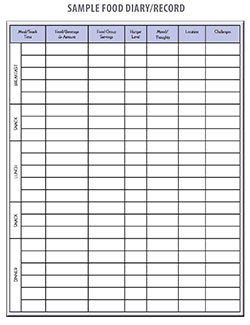

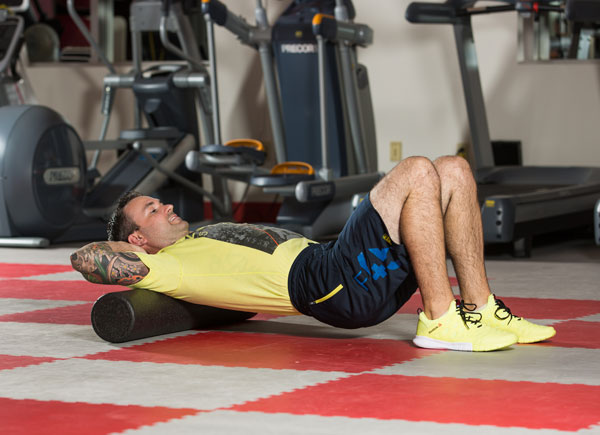

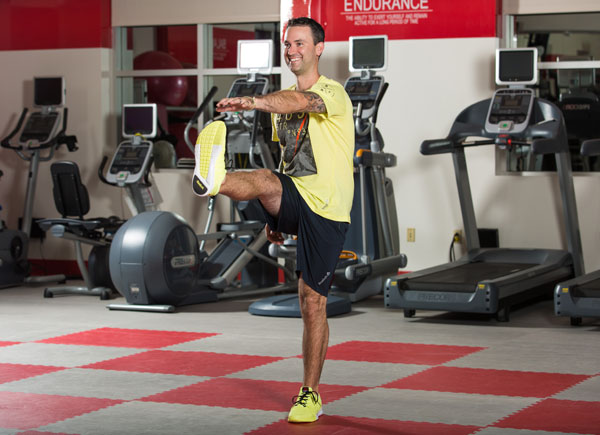
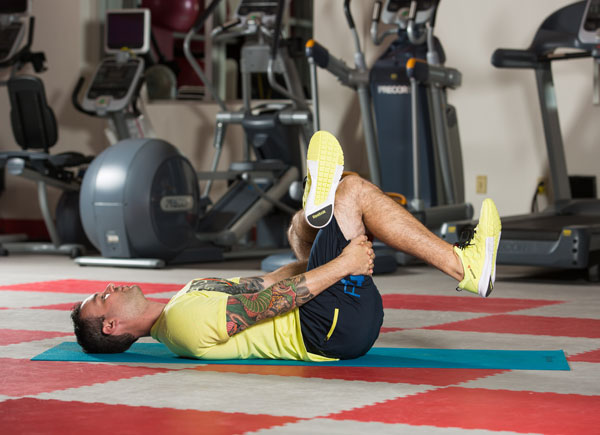
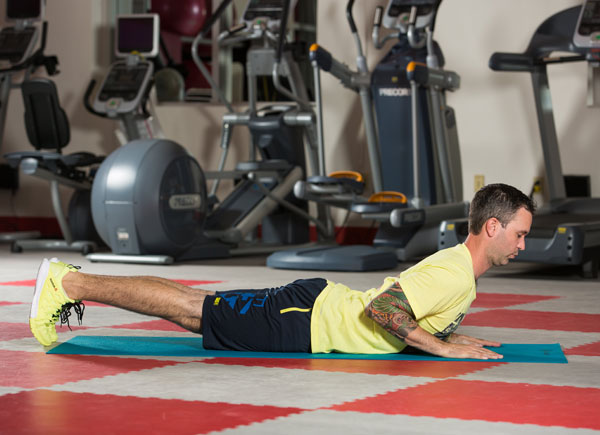
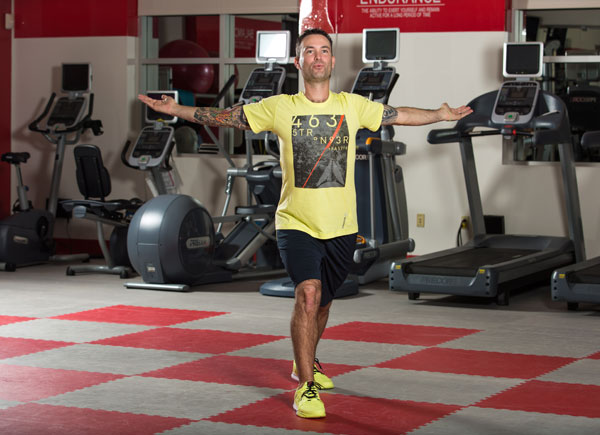
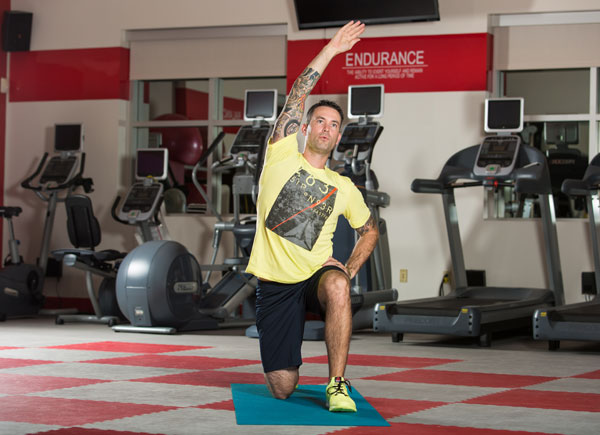
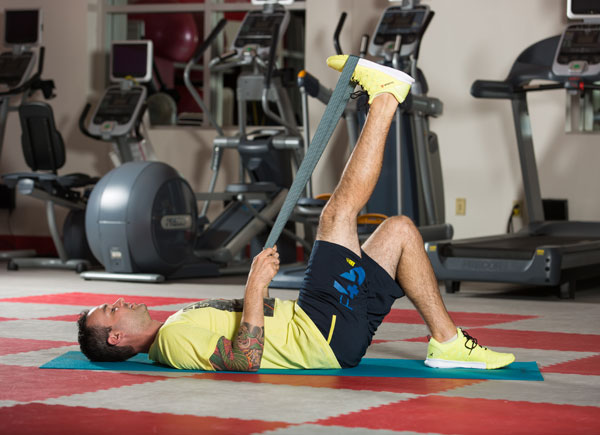
 By Jessica Matthews, MS, E-RYT
By Jessica Matthews, MS, E-RYT